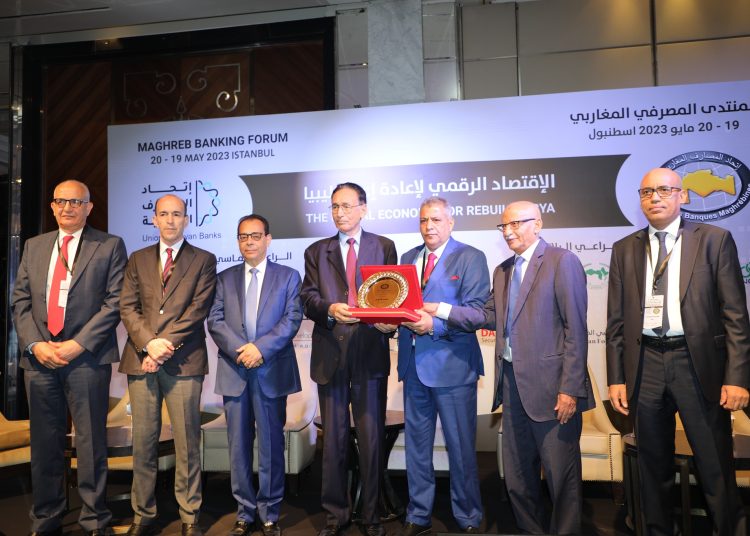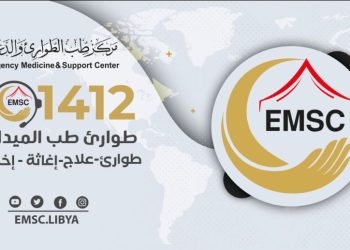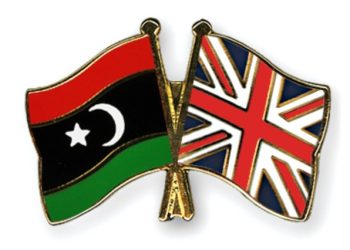The Minister of Economy and Trade, Mohamed Al-Hwej, participated in the Maghreb Banking Forum on the Digital Economy for the Reconstruction of Libya on Friday in Istanbul.
The event was held in Istanbul and sponsored by the Maghreb Union of Banks and the Union of Libyan Banks, in the presence of the Undersecretaries of the Ministry of Planning, Agriculture and Livestock.
The forum aimed to develop smart services and digital technology to improve banking services and create an environment for the implementation of future projects in various sectors.
In his speech, the Minister stressed the need to develop the banking system and benefit from electronic technologies provided by specialist international institutions. He said Libya has human resources and competencies capable of achieving the digital transformation of the economy, noting that the Ministry of Economy and Trade has launched several systems that help in digital transformation.
He also called on the private sector, financial institutions, business owners and commercial banks to support and finance digital transformation projects for youth groups, which contributes to the development of the service sector and digital trade, which has a direct impact on increasing the gross domestic product to achieve economic development.
He also referred to the role of Maghreb and Libyan banks in promoting the digital economy sector, providing solutions in the field of financial technology, and contributing to financing reconstruction projects in Libya. These rely on technology for financing and investing in all industrial and agricultural activities, services and infrastructure to achieve sustainable development, calling for the next forum to be held in Libya.
The forum was attended by the Governor of the Central Bank of Mauritania, the Algerian Commercial Attaché, the Secretary General of the Union of Maghreb Banks, the Director General of the Union of Libyan Banks, the Director General of the North African Bank, the Director General of the Unity Bank, several international institutions, former ministers from Tunisia and Mauritania, and a group of experts and interested persons.








